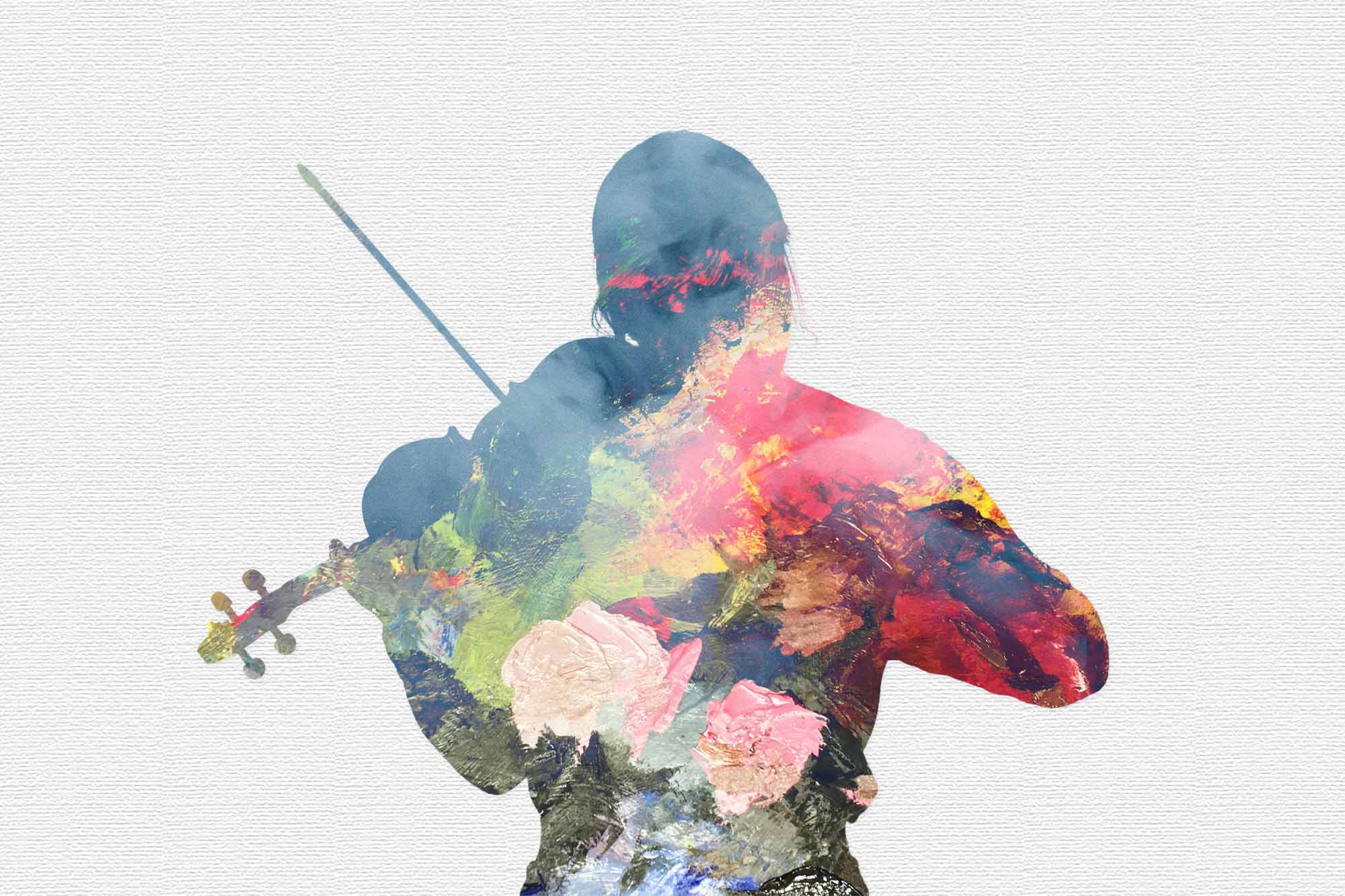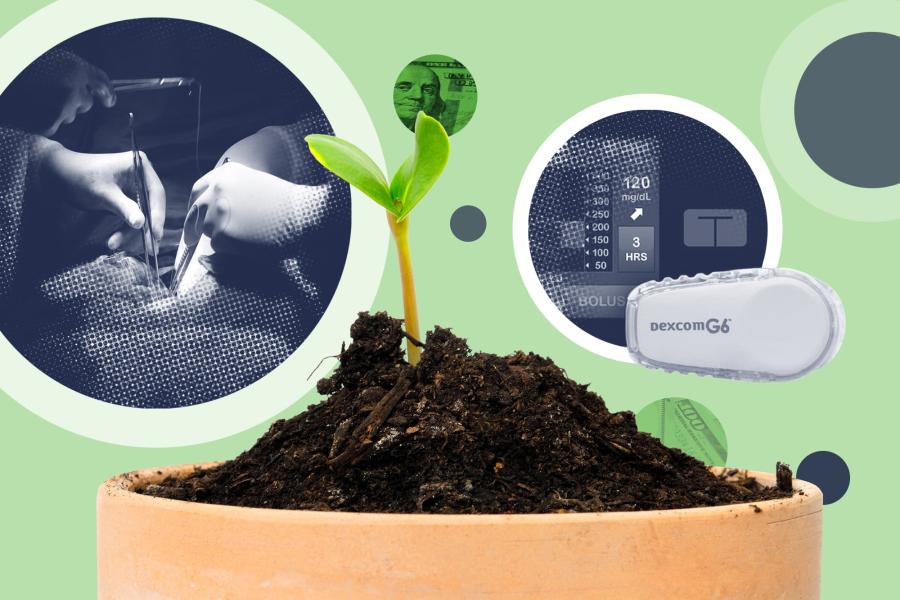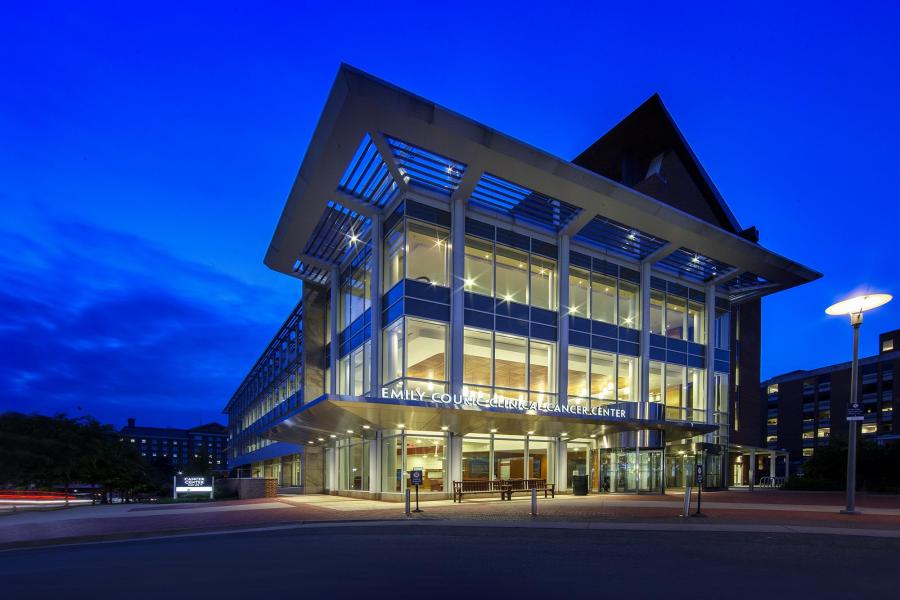“While we expected that cannabis-induced joviality would result in people thinking that their ideas and others’ ideas are more creative, we were surprised that cannabis-induced joviality did not lead to more actual creativity,” said lead author Yu Tse Heng, an assistant professor in the McIntire School of Commerce.
The paper was published this summer in the Journal of Applied Psychology. Heng and her co-authors, business professors Christopher M. Barnes of the University of Washington and Kai Chi Yam of the National University of Singapore, are now using the paper as a springboard to discuss the implications of marijuana use in the workplace. One such piece appeared in the Harvard Business Review on Monday.
The 411 on the 420 Study
The study, based on the survey responses of several hundred individuals in Washington State, looked at two groups of self-reported “light” marijuana users, defined as smoking one joint several times a week.
“Our first study involved participants generating as many creative ideas as possible for a brick, which is a task commonly used in creativity research,” Heng explained. “Our second study used a more work-related creativity task.”
For that one, participants were asked to imagine that they had been hired by a consulting firm to help a local band increase revenue. They needed to come up with as many creative ideas as possible.
But the researchers ultimately were looking for quality over quantity from the groups. The ideas needed to be both novel and useful to rank well.
Additionally, the researchers wanted to see how being high affected the respondents’ evaluations of other people’s ideas. So Group 2 was also asked to evaluate outside suggestions about a new piece of fitness equipment.
Results: Finding a Happy Medium
Across both studies, the researchers did not find any significant upticks in creativity related to pot euphoria – though no dips, either. “These findings were consistent across various creativity tasks, measures, and rater groups,” the research paper states.
Still, respondents thought they were being more creative, and they thought other people’s ideas were more creative as well.
Past research on pot and creativity has been a mixed bag – sometimes showing positive effects, sometimes hindrance, sometimes a wash.
Heng said research on creativity in general, however, seems to verify that positive emotion can boost creativity – which led the researchers to their initial prediction that a happy high would be a creative boon.
So what has pot got against creativity?
“We don’t know exactly why that is – and encourage future research on this – but suspect that it might have something to do with differences in joviality experiences fueled by cannabis versus other inducers, such as receiving good news or watching a happy movie,” she said.
In addition to context, motivation may also be a factor, the authors posited. The paper notes that when a person is happy, a general sense of satisfaction may dull the drive to refine an idea unless there is some other push.





